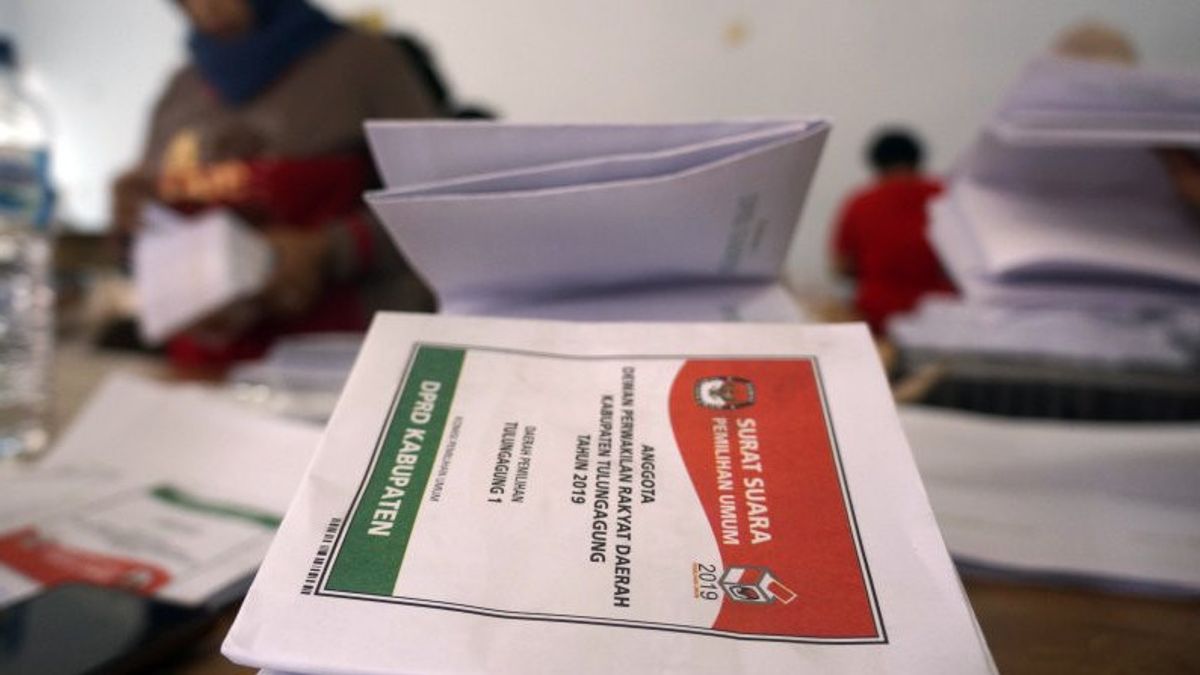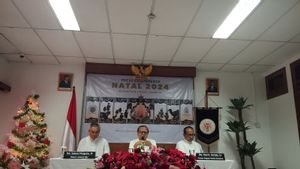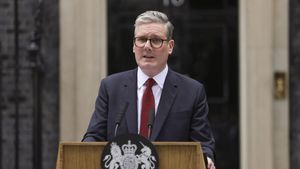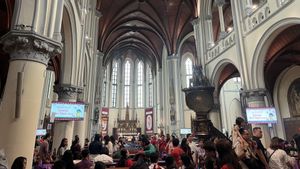JAKARTA - A member of the Advisory Council of Needdem Titi Anggraini said the intersection of the stages of the general election and local elections in 2024 creates a heavy burden on election management officers which has the potential to affect the professionalism, credibility and integrity of the election. , but also complicated and complex," said Titi Anggraini, quoted by Antara, Sunday, April 17. When talking about the challenges of the 2024 General Election and Pilkada, Titi said that the general election and regional head elections (pilkada) in the same year made the attention of the national election more dominant. Towards 2024, according to him, there is almost no room to reform the political system, the party system, and the electoral system. Thus, the political and electoral problems of the 2019 General Election will potentially repeat itself. Titi, who was once the Executive Director of Perludem, said that the technical complexity of the election affects the quality and purity of the voter's vote. The problem is, the high number of invalid votes injures the people's sovereignty. In the 2019 Indonesian House of Representatives Election, for example, there were 17.5 million invalid votes. Another challenge that needs attention from election stakeholders, Titi continued, is interference with voting rights in the form of vote buying and the spread of misinformation and disinformation. which can influence the public so that they make wrong decisions in general elections and local elections.
"Because they want to return the political costs of the election and the result of internal solidity that has not fully recovered after the election, it can trigger party pragmatism which has an impact on the growth of the practice of political dowry. The excess can be in the form of an increasing trend of single candidates," said Titi. , there are also open challenges from the elite, such as attacks on the principle of constitutionalism (limiting power) which is the articulation of the spirit of reform and commitment to democracy. For example, postponement of elections, extension of term of office, and three-term president. In addition, the legislative process that leaves the public or without meaningful public participation. Titi then mentioned a number of laws, such as the Job Creation Law, the KPK Law, the Constitutional Court Law, the Mineral and Coal Law (Minerba), and the revision of the Law on the Formation of Legislation (UU PPP). In politics, there is a concentration of power with weak control of the balancing power as a consequence of the presidential nomination threshold and the President's accommodative politics. For example, the revocation of the Election Bill from the National Legislation Program and the Job Creation Law. Another thing that caught the attention of Titi, who was elected as the Democracy Ambassador for the International Institute for Electoral Assistance (International IDEA) was the criminalization of civil society activists by public officials.
The English, Chinese, Japanese, Arabic, and French versions are automatically generated by the AI. So there may still be inaccuracies in translating, please always see Indonesian as our main language. (system supported by DigitalSiber.id)








